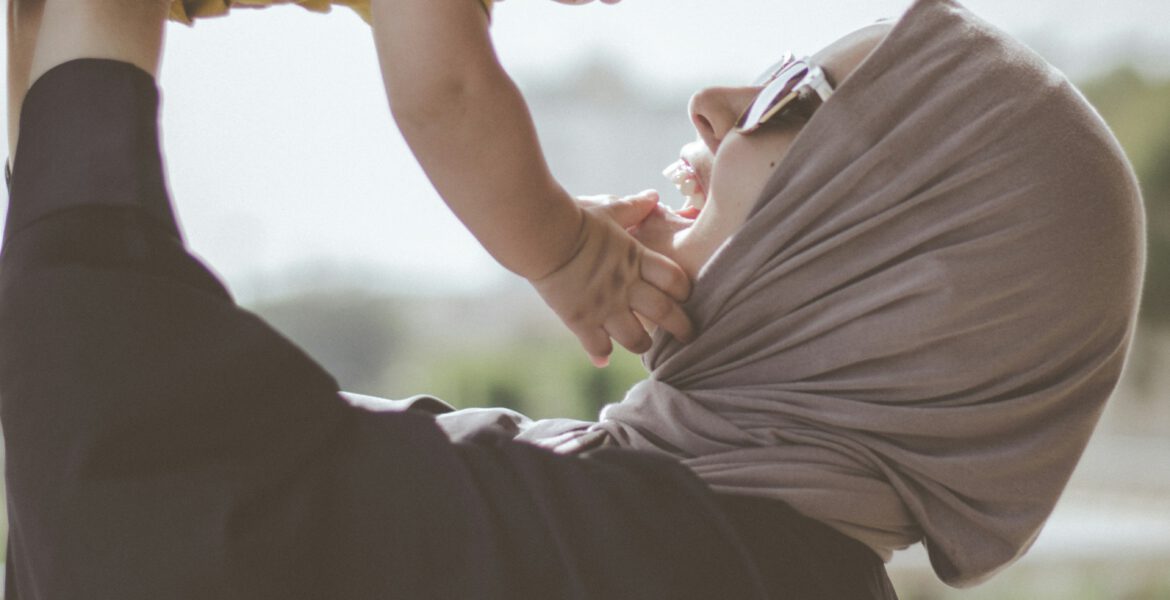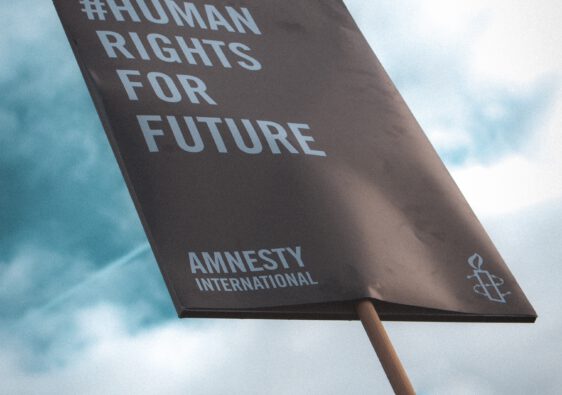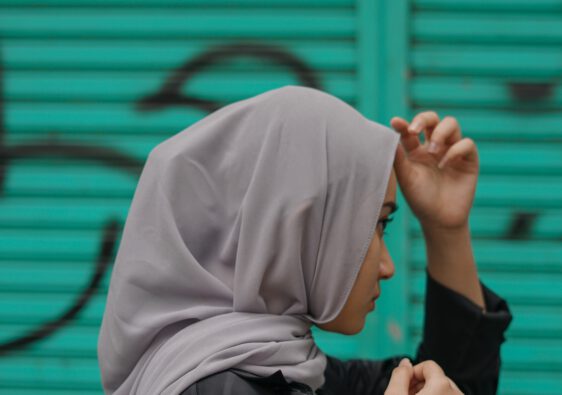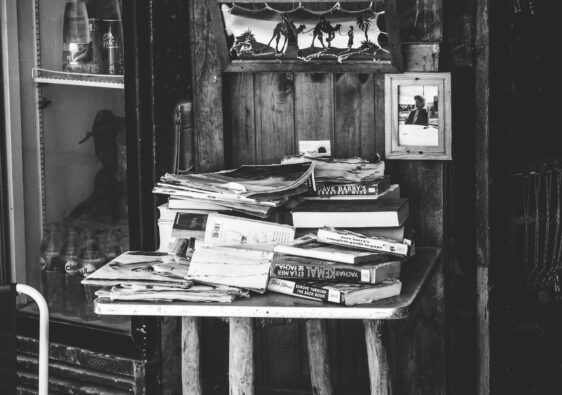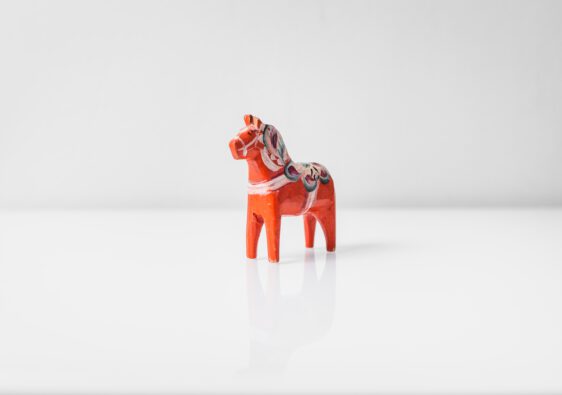Raising children in a country different from where one’s roots lie presents a complex, often under-discussed challenge. This is particularly true for Muslim parents living abroad, who find themselves at the crossroads of divergent histories and cultural narratives. The question that often arises is: How can these parents help their children embrace and take pride in their heritage, especially when confronted with contrasting historical perspectives and cultural norms in their host country?
For families originating from Morocco like me of the broader Muslim world, this challenge is not an abstract concept; it’s a lived experience. These parents face the intricate task of helping their children navigate and reconcile the differences between the histories and cultural practices they grew up with, and those they encounter in their new homeland.
The crux of this challenge lies in the realm of education and social integration. When the historical events and cultural narratives taught in schools or portrayed in the media starkly differ from those ingrained in a family’s heritage, it can lead to confusion and a sense of dislocation among young minds. A Moroccan child learning about world events or cultural practices in a European or American school, for example, may receive a version of history that differs significantly from the stories and lessons passed down through their family.
This dichotomy can stir up identity crises and feelings of alienation – not just from their heritage, but also from the society they are a part of. As a result, parents are tasked with a delicate mission: to help their children understand and appreciate the richness of their Moroccan and Muslim backgrounds, while also adapting to and respecting the cultural norms of their host country.
But how can this be achieved effectively? How do parents ensure that their children grow up with a strong sense of identity and pride in their heritage, while also being open and adaptable to the diverse world they are a part of?
The journey is multifaceted, involving open dialogue, education, community engagement, and the nurturing of empathy and respect for different cultures. It’s about striking a balance – helping children understand that while histories may differ, each narrative offers a valuable perspective that contributes to their rich, multifaceted identity.
In this journey, Moroccan and Muslim parents abroad aren’t just raising children; they are shaping future global citizens. They are imbuing in their children the ability to navigate contrasting worlds with grace, understanding, and a deep-seated appreciation for their unique heritage. This task, while challenging, holds the promise of cultivating individuals who are not merely citizens of a nation, but citizens of an interconnected, diverse world.


